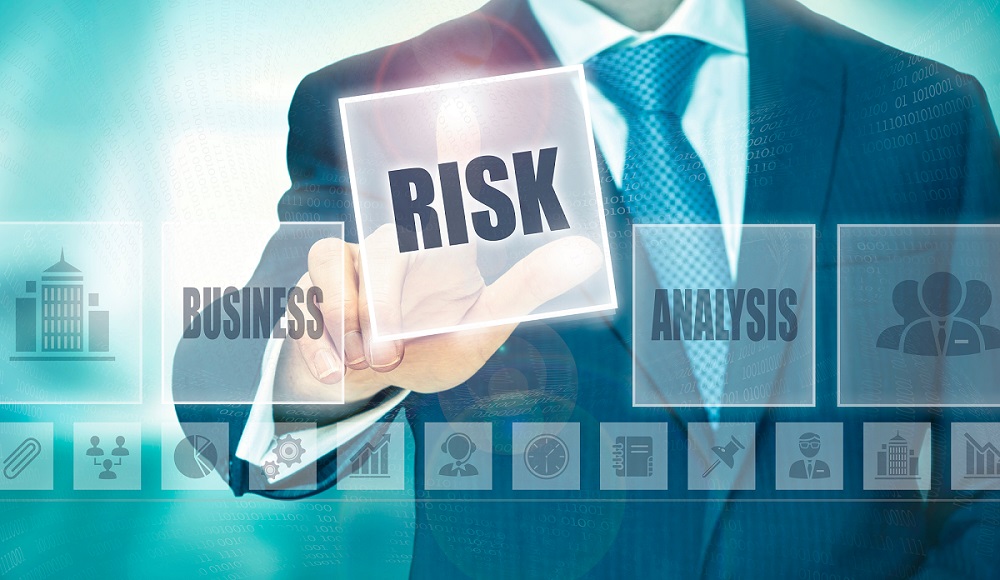Businesses need to be more patient with their funds given the postponement of bill payments around the world. Last year, the DSO, payment time average increased to 59 days (+5 days). Western European companies must wait longer: 68 days (+7 days). Moreover, 17% of global companies even have to wait 90 days.
Johan Geeroms, our Risk Underwriting Director Benelux: “Deferred payments directly affect the day-to-day business of companies and can even lead, in the worst case, to bankruptcy. Seeking additional working capital from banks is not easy. Companies are therefore being more cautious and slowing down, the economy is running out of steam and credit risk increases. »



